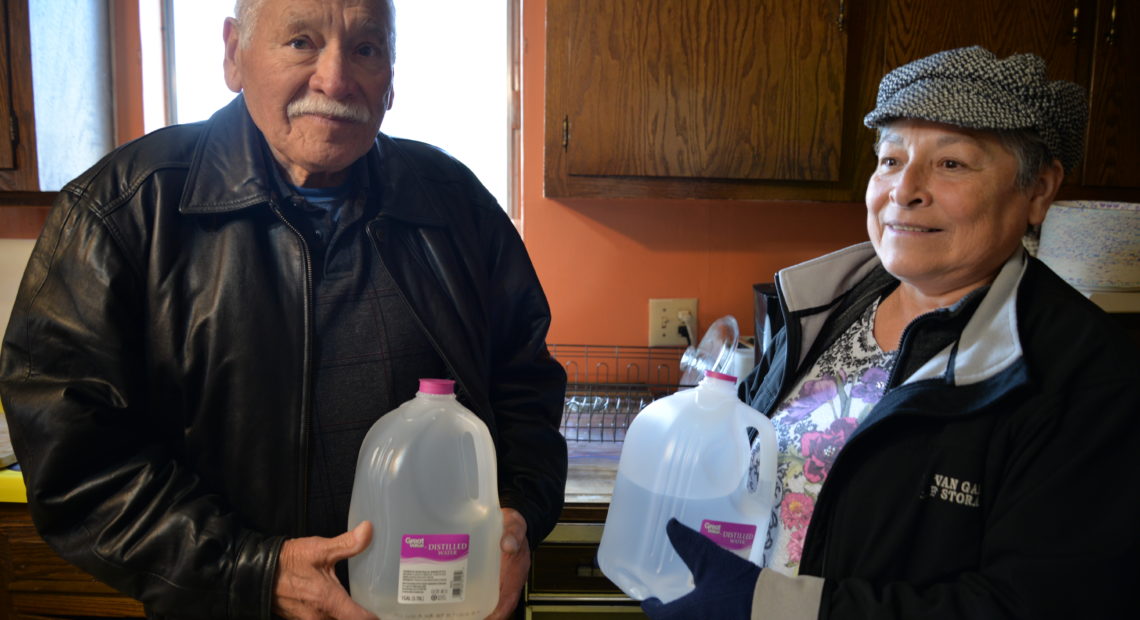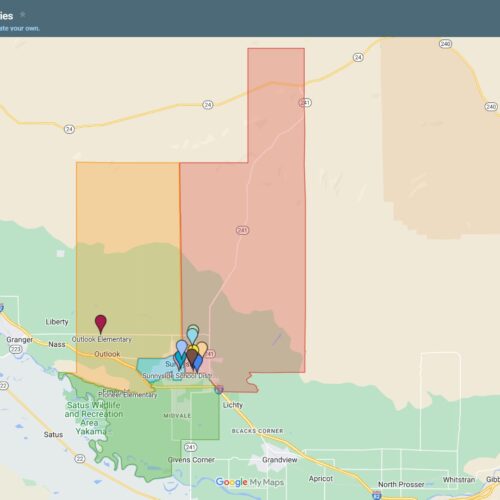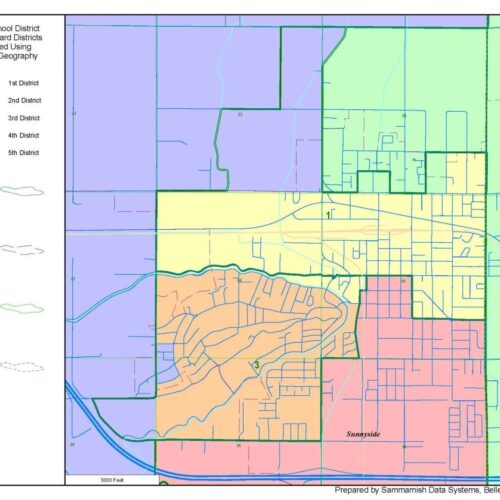
Study: Millions Of Americans Could Be Drinking Water High In Nitrates

READ ON
More people than expected are drinking water that could be harmful to their health. That’s according to a new study that looked at a water contaminate that’s been an issue in one of the Northwest’s most productive farming regions.
The study, published in the journal Environmental Health, found more than 5.6 million Americans may be drinking water that’s contaminated with nitrates. The study found Latino residents are disproportionately drinking water that’s often more contaminated than other areas.
At high levels, nitrates can be harmful to infants, causing what’s known as “blue baby syndrome.” Lower exposure levels to nitrates can contribute to other health problems, like birth defects and some cancers, said Laurel Schaider, the study’s lead author and an environmental chemist at Silent Spring Institute.
That’s why researchers decided to look at nearly 40,000 community water systems across the country.
“I think that merits further investigation into whether the drinking water standard is adequately protecting everyone,” Schaider said.
Nitrates in drinking water has long been an issue for Washington’s Lower Yakima Valley, where private wells have sometimes shown high levels of contamination. Some 25,000 people use private wells to get water, according to the Environmental Protection Agency.
Researchers in this study did not look at private wells, rather they surveyed water sources that served at least 25 people.
The study found drinking water across the U.S. had elevated nitrates for different reasons, from agriculture to fertilizers to sewage treatment plants.
In earlier research based in Cape Cod, Massachusetts, Schaider found water with elevated levels of nitrates often had elevated levels of other contaminants, like pharmaceuticals or other chemicals found in products we use. Similar studies could be done in more agricultural areas.
“Nitrate pollution might be a good indicator of impaired water quality in general,” Schaider said.
Copyright 2019 Northwest Public Broadcasting
Related Stories:

After 47 years, Yakima police identify a cold case homicide victim
A cold case victim from nearly 50 years ago has been identified. The Yakima Police Department spoke about the case on July 2.

ACLU impugnaría sistema electoral del distrito escolar de Sunnyside
La Junta del Distrito Escolar de Sunnyside podría ser la próxima jurisdicción en enfrentarse a una demanda por violar la Ley del Derecho al Voto del Estado de Washington. Un grupo notificó al Distrito que el sistema electoral diluye el voto latino y, si esto no se corrige, el Distrito podría terminar en los tribunales.

ACLU to challenge Sunnyside School District Board elections
The Sunnyside School District Board could be the next jurisdiction to face a lawsuit for violating the Washington State Voting Rights Act. A group has notified the District that the election system dilutes the Latino vote, and if it’s not fixed, the District could end up in court.















